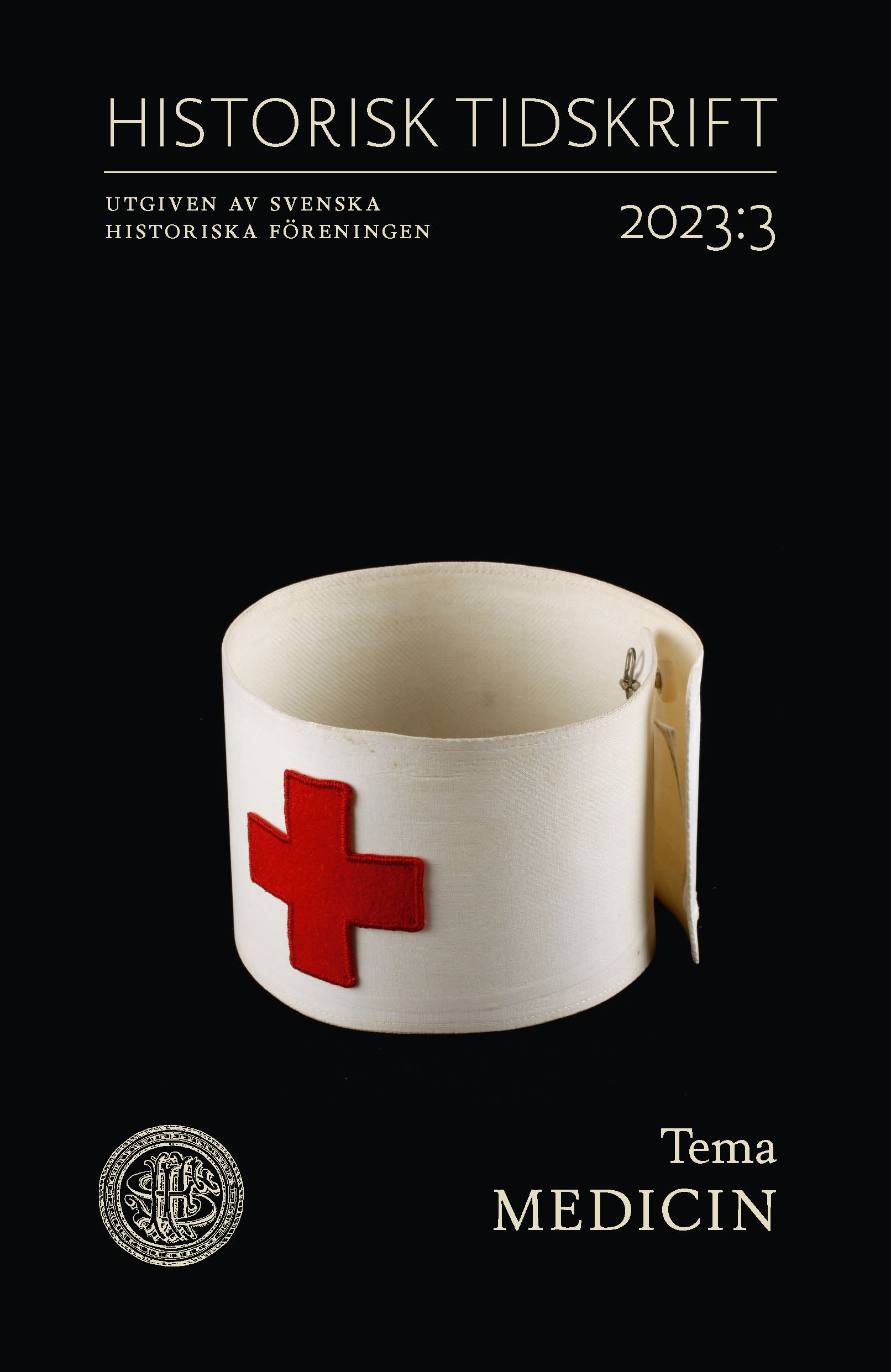Abstract
”We are all dental consumers!” Patienthood, citizenship, and consumer identity at the Swedish Association of Dental Mercury Patients, 1980–1989
This article analyses the interrelationship of patient, citizen, and consumer by considering the history of Tandvårdsskadeförbundet, the Swedish Association of Dental Mercury Patients (TF), which was founded in 1978 as controversy mounted over dental amalgam and mercury poisoning. Concentrating on the 1980s and TF’s quarterly publication TF-bladet, three major themes are identified, which are argued to have structured TF’s position on consumer and healthcare policy: the figure of the consumer; views on knowledge and knowledge production; and freedom of choice and consumer guidance.
It is found that for TF the figures of the consumer and the citizen were closely aligned, informed by consumer policies and debate in the 1970s. The consumer was thought to possess rights and obligations vis-à-vis the state, whose job it was to ensure protection from corporate greed and malice. TF’s consumer advice was not overtly political or designed to promote individual choice and healthcare marketisation per se, but rather was seen as a necessary evil in the absence of public protection.
This confirms previous research on the history of Swedish patient organisations, which has shown they lean towards the citizen end of the standard citizen–consumer dichotomy. However, TF’s stated mission as a dental consumer organisation, and the way its consumer guidance rhetoric drew on and fed into the contemporary discourse of personal choice and welfare policy, suggest the continuity between post-war patient–citizens and late twentieth-century patient–consumers, previously demonstrated in studies of the US and UK, was also present in Sweden to a degree.
The study finds that TF’s views on knowledge, and especially the epistemological centrality of personal experience and testimony, not only resembled other patient organisations’ ideas, but also were key to its standpoint on consumer and healthcare policy. The article thus concludes by calling for further explorations of the role of changing, collectively held epistemological views in the history of welfare marketisation.

